Australian Law gives free pass to false statements on Indigenous voice to parliament
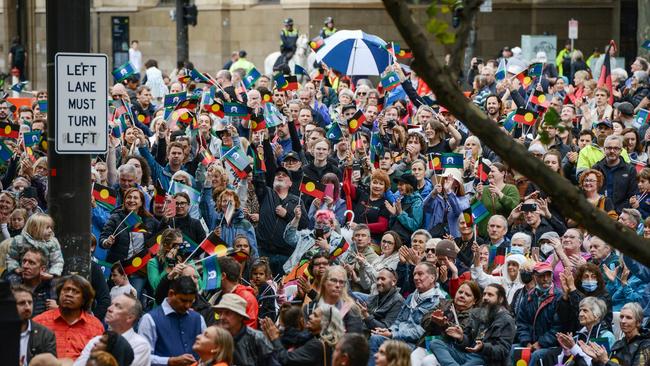
Government overall will grind to a halt unless it follows the dictates of the voice, which will be like a new House of Lords. The result will be co-government with Indigenous peoples, amounting to a constitutional “coup”.
There is no substance to these and many other outlandish claims, but equally there is nothing to stop them being made. They demonstrate how truth can be the first casualty in a referendum campaign.
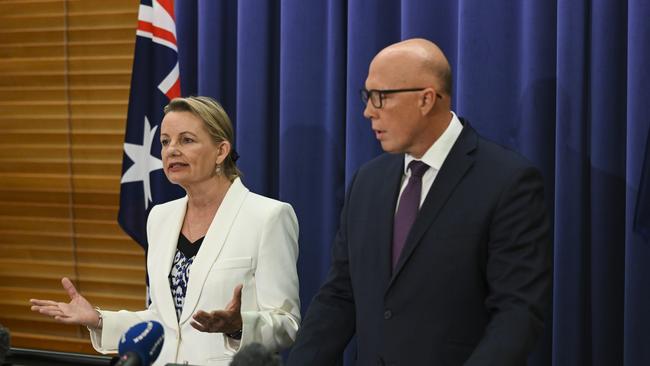
People spread misinformation because it is effective. Few Australians can separate fact from fiction when it comes to claims about constitutional reform because only a small proportion have even a basic understanding of how the Constitution works. Confused and uncertain, people understandably vote No.
The voice is no different to past polls. The republic referendum in 1999 illustrated how hard it is to win when there is free rein for false statements.
Opponents of a republic argued a Yes vote would lead to the exclusion of Australia from the Commonwealth Games, change the flag, cost taxpayers $900m and allow Indigenous people to claim native title across vast swathes of Australia.
None of these claims was true, but they nonetheless formed a large part of the public debate.
The law provides open slather for this. The Referendum Act does not penalise the Yes/No pamphlet or other campaigning material for making false statements.
It is only an offence to print, publish or distribute information likely to mislead or deceive electors in relation to the casting of their vote at the referendum.
This affects information about the ballot process, such as a statement misleading people about how to cast a valid vote. It does not apply to statements influencing whether people vote Yes or No.
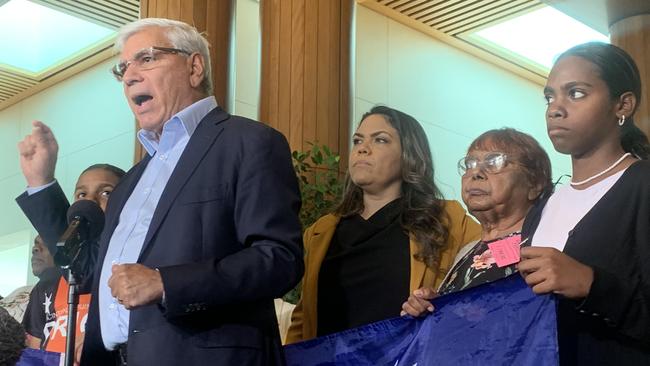
The fact that the voice campaign is already so littered with misinformation makes the recent opinion by Solicitor-General Stephen Donaghue KC all the more welcome.
Whereas the Attorney-General is a political figure who sits in parliament, the solicitor-general is an independent lawyer selected for the excellence of their legal skills.
They advise government and appear in the High Court in the most complex and difficult constitutional matters. They are an authoritative source of advice.
It was surprising to see No case advocates putting such store in the opinion of the solicitor-general. They apparently came to believe their own false narratives about the legal impact of the change, and so expected his opinion would blow a hole in the government’s case. In fact, it did the opposite.
The solicitor-general provided advice backed by more than a century of High Court interpretation of the Constitution that made clear the voice will operate safely with our system of government.
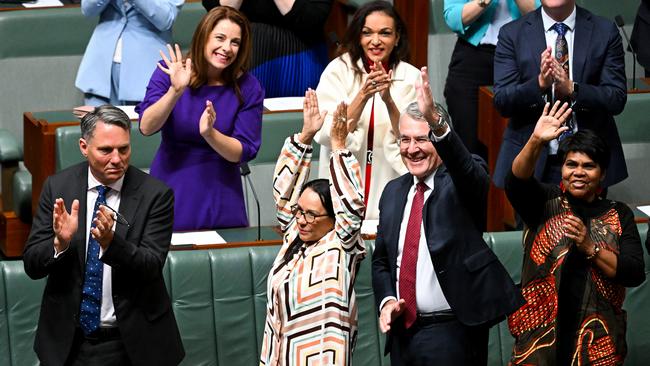
The solicitor-general’s headline finding is that the proposed new section 129 of the Constitution “is not just compatible with the system of representative and responsible government prescribed by the Constitution, but an enhancement of that system”.
The voice will not “alter the existing distribution of commonwealth governmental power”. This is in keeping with the intentions of the conservative thinkers and leaders who played a large part in the genesis of the voice.
The legal opinion states there is no requirement for parliament or the executive to wait for the voice to speak or to act in accordance with representations.
The solicitor-general found the new section “imposes no obligations of any kind upon the voice, the parliament or the executive government” and is “incapable of supporting any such requirements”.
The change to the Constitution means what it says. The voice can make representations, but it will be up to parliament and the executive to decide how to respond.
There is no basis for thinking the voice will “clog up the courts”. The opinion makes clear that litigation is possible, and indeed normal in our system, but there is nothing exceptional about the voice.
The High Court may be asked on occasion to make sure the voice operates within its limits or to ensure that a government decision is properly made. These are routine functions for our judges.
There were no surprises in the solicitor-general’s opinion, except that opponents of the voice were so keen to see it. Australians can be confident that their public holidays are safe, and that our system of government will continue to operate as it should.
The 92 words to be written into the Constitution will simply enable parliament and government to be better informed on Indigenous issues.
This holds out the promise that, after so many decades of failure, they can deliver more effective laws and policies for our nation’s first peoples.
George Williams is a Deputy Vice-Chancellor and Professor of Law at the University of New South Wales


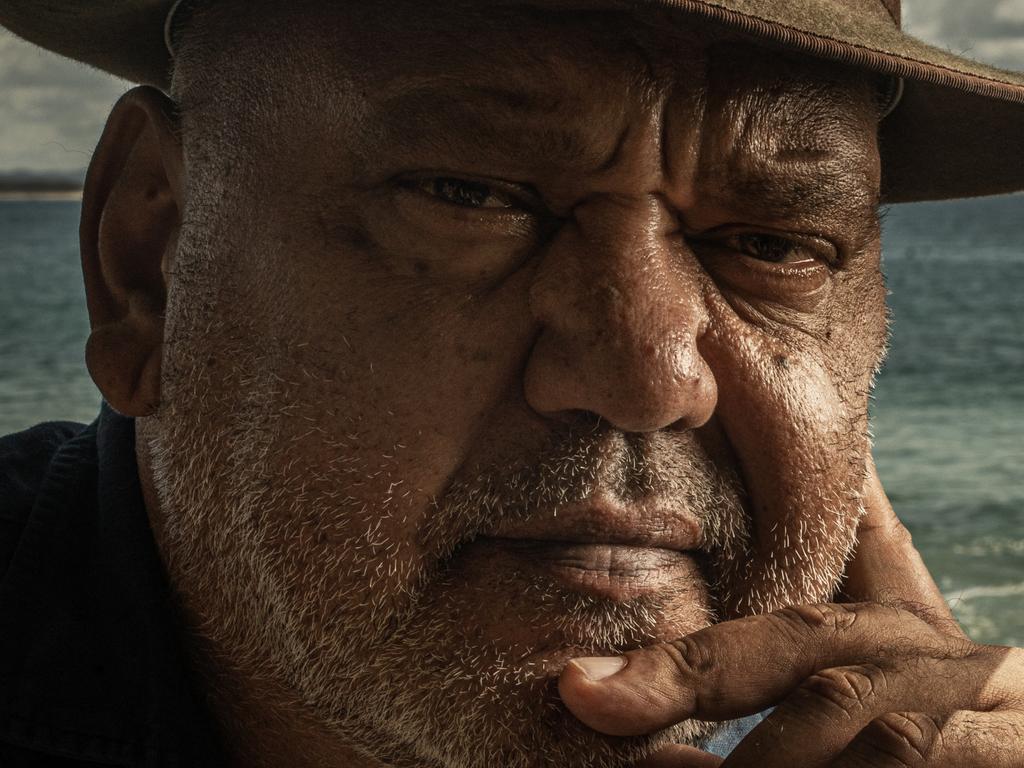

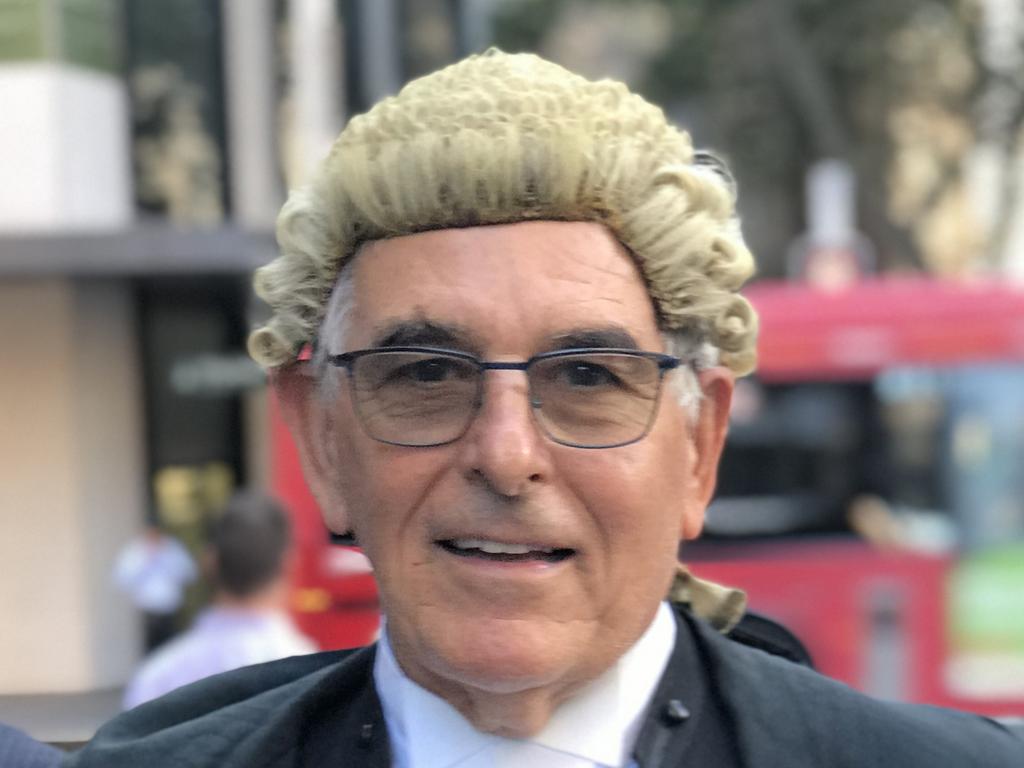


Australians have been told the Indigenous voice to parliament could spell the end of public holidays such as Anzac Day. Indigenous peoples might interfere with the Reserve Bank setting interest rates and may prevent Australia going to war. The federal budget process as we know it may end, with governments unable to introduce their plans into parliament before the start of the financial year.